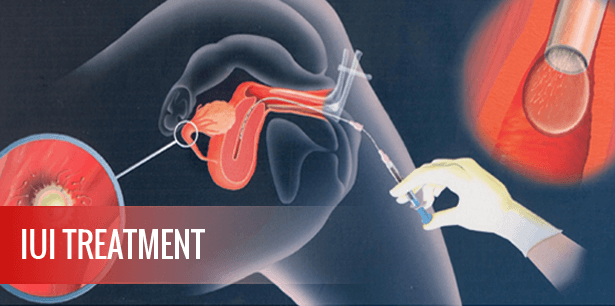When dealing with infertility or challenges in conceiving, many individuals and couples explore assisted reproductive technologies. One of the most common and less invasive options is Intrauterine Insemination (IUI). This procedure can be a stepping stone for many on their journey to parenthood. However, understanding whether IUI is the right choice depends on individual circumstances, medical conditions, and expectations.
What Is IUI?
Intrauterine insemination is a fertility treatment that involves placing specially prepared sperm directly into the uterus. This increases the chances of the sperm reaching and fertilizing an egg, as it bypasses potential obstacles such as cervical mucus. IUI is often coordinated with ovulation to optimize the timing for conception.
The procedure is minimally invasive, relatively simple, and cost-effective compared to more advanced methods like In Vitro Fertilization (IVF). It’s typically performed in a fertility clinic without the need for anesthesia.
Who Can Benefit from IUI?
IUI is ideal for individuals or couples experiencing specific fertility challenges, including:
Mild Male Factor Infertility:
When the sperm count, motility, or quality is slightly below average, IUI can enhance the likelihood of conception by delivering higher-quality sperm directly to the uterus.
Unexplained Infertility:
For couples where standard tests cannot determine the cause of infertility, IUI combined with fertility medications can increase the chances of success.
Cervical Mucus Issues:
Sometimes, thick cervical mucus prevents sperm from reaching the egg. IUI bypasses this barrier entirely.
Ovulatory Disorders:
Women with irregular ovulation cycles may benefit from ovulation-inducing medications paired with IUI.
Donor Sperm:
Single women, same-sex couples, or those needing donor sperm can use IUI to achieve pregnancy.
Ejaculation or Penetration Issues:
Couples facing physical or psychological challenges in completing intercourse may find IUI to be a viable solution.
What Are the Steps Involved?
The IUI process generally involves the following steps:
Ovulation Monitoring:
The patient’s ovulation cycle is tracked using ultrasounds, ovulation predictor kits, or blood tests.
Fertility Medication (Optional):
Ovulation-inducing drugs like Clomiphene Citrate or gonadotropins may be prescribed to stimulate the development of multiple eggs.
Sperm Preparation:
The partner’s or donor’s sperm is washed and concentrated to ensure the healthiest and most motile sperm are used.
Insemination:
A thin catheter is used to place the prepared sperm into the uterus during the optimal fertility window.
Post-Procedure Care:
The procedure is typically quick and painless. Normal activities can usually be resumed immediately, though a brief rest period may be recommended.
Success Rates and Factors to Consider
The success rate of IUI varies based on several factors, including:
Age: Women under 35 have higher success rates than older age groups.
Cause of Infertility: IUI is more effective for certain conditions, like mild male factor infertility, than for severe cases.
Medication Use: Combining IUI with ovulation-inducing medications increases the chances of success.
On average, IUI offers a 10-20% success rate per cycle for women under 35. Success rates decrease with age and other complicating factors.
Advantages of IUI
Less Invasive:
Unlike IVF, IUI does not involve egg retrieval or embryo transfer.
Lower Cost:
IUI is generally more affordable than other assisted reproductive techniques.
Simple Procedure:
It is a quick, painless process that does not require recovery time.
Potential Challenges
Multiple Cycles:
Success often requires multiple attempts, leading to emotional and financial strain.
Side Effects from Medications:
Fertility drugs can cause mild side effects, including bloating, mood swings, or ovarian hyperstimulation.
Lower Success Rate:
Compared to IVF, IUI offers lower success rates, especially for older women or those with complex infertility issues.
Is IUI Right for You?
The decision to pursue IUI depends on your unique situation. It is an excellent starting point for those facing mild to moderate fertility challenges or considering donor sperm. However, for couples with more severe infertility issues, conditions like blocked fallopian tubes, or advanced maternal age, IVF or other treatments may be more effective.
Consulting with a fertility specialist is crucial to evaluate your needs and design a personalized treatment plan. They can guide you on whether IUI aligns with your medical history, financial considerations, and reproductive goals.
Conclusion
Intrauterine Insemination is a promising option for many individuals and couples striving to achieve pregnancy. Its simplicity, affordability, and relatively low invasiveness make it an attractive first step in fertility treatment. By understanding its benefits, limitations, and suitability for your condition, you can make an informed decision on your journey toward parenthood.
